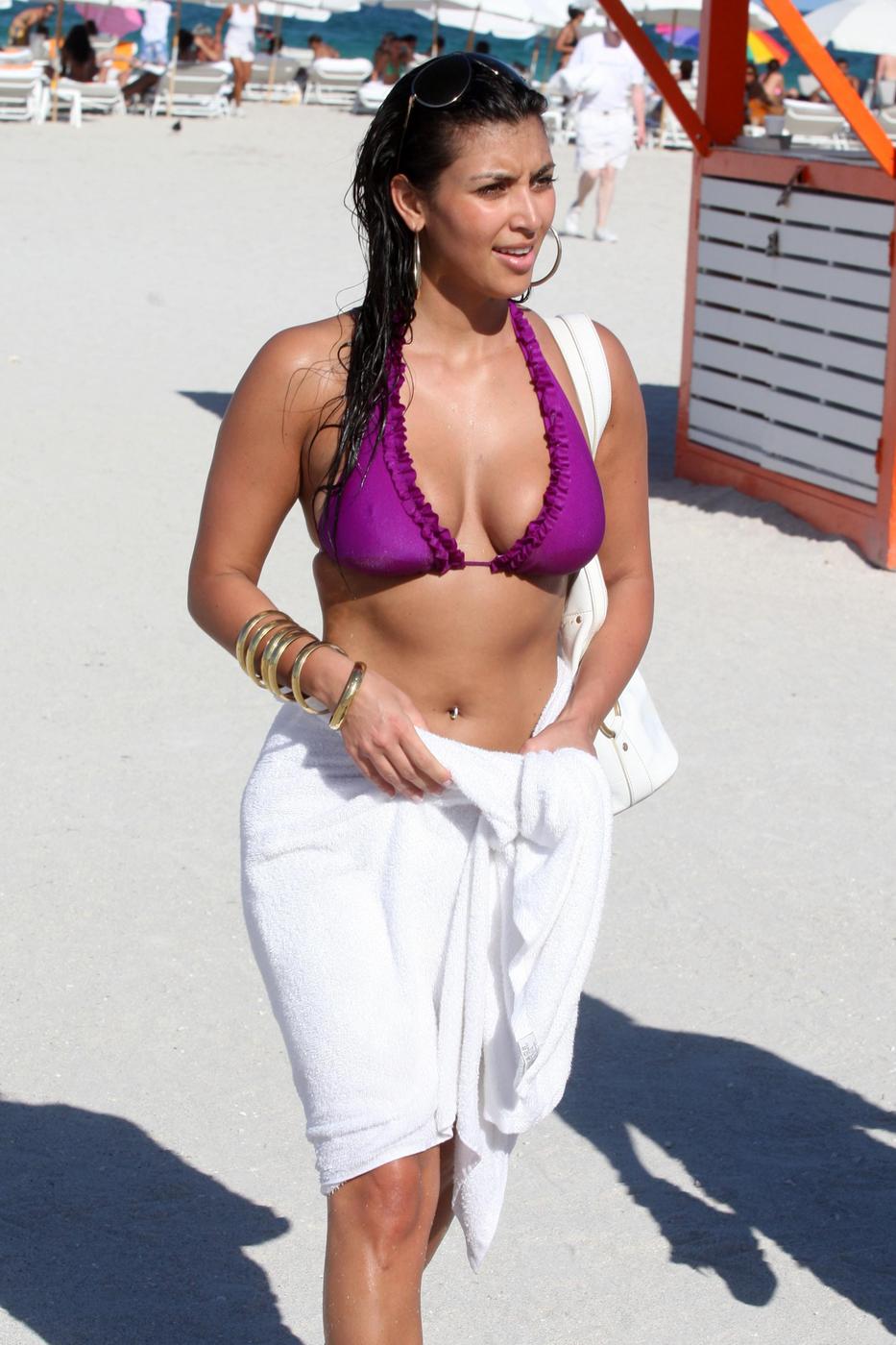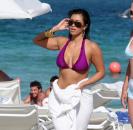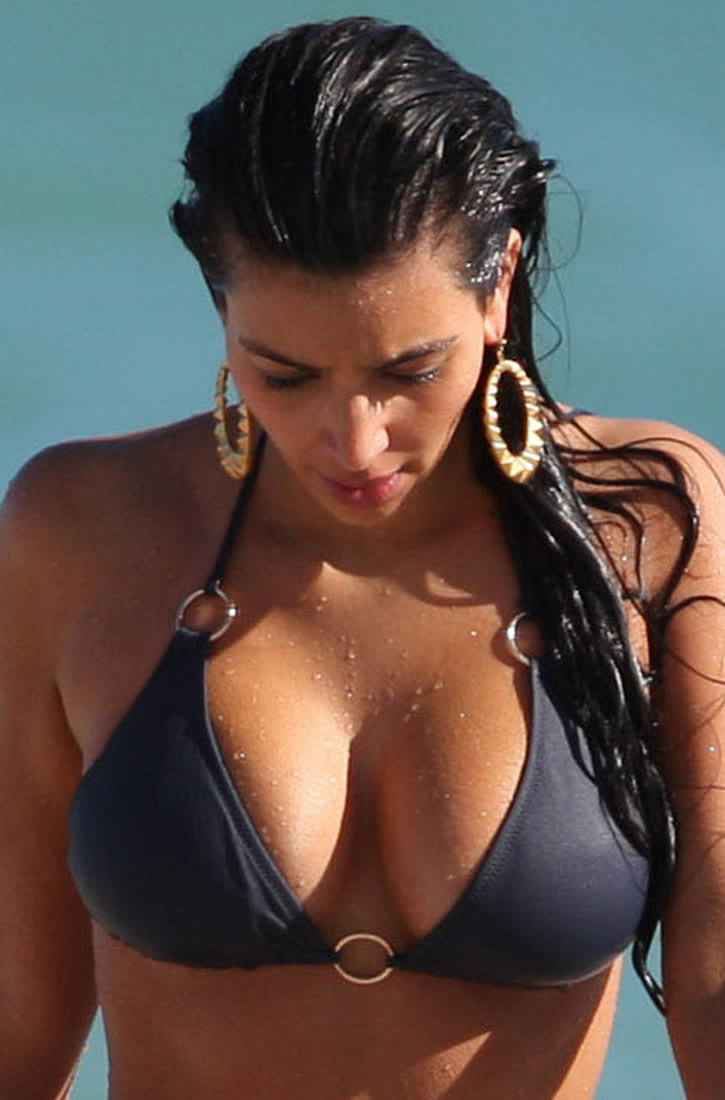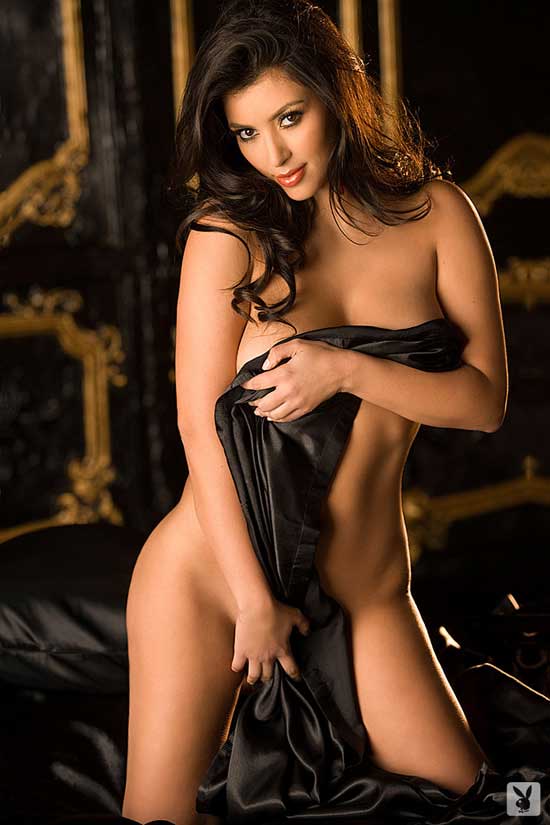|
|
|---|
Monday, January 10, 2011
Netherlands National Football Team Euro 2012 Qualifiers 2010–Present and Upcoming Matches
Posted by pece at 1:47 AMNetherlands National Football Team History and Their Great Contribution-
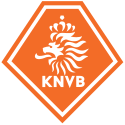 | |||||||||||||||||
| Nickname(s) | Holland Oranje The Flying Dutchmen Clockwork Orange | ||||||||||||||||
|---|---|---|---|---|---|---|---|---|---|---|---|---|---|---|---|---|---|
| Association | Koninklijke Nederlandse Voetbalbond — KNVB | ||||||||||||||||
| Confederation | UEFA (Europe) | ||||||||||||||||
| Head coach | Bert van Marwijk | ||||||||||||||||
| Captain | Mark van Bommel | ||||||||||||||||
| Most caps | Edwin van der Sar (130) | ||||||||||||||||
| Top scorer | Patrick Kluivert (40) | ||||||||||||||||
| Home stadium | Amsterdam Arena De Kuip Philips Stadion | ||||||||||||||||
| FIFA code | NED | ||||||||||||||||
| FIFA ranking | 2 | ||||||||||||||||
| Highest FIFA ranking | 2 (November 1993, June 2009, July 2010) | ||||||||||||||||
| Lowest FIFA ranking | 25 (May 1998) | ||||||||||||||||
| Elo ranking | 2 | ||||||||||||||||
| Highest Elo ranking | 1 (Mar 1911 – Mar 1912, Jun 1912, Aug 1920; Jun 1978, Jun 1988 – Jun 1990, Jun–Sep 1992, Jun 2002, Jun–Sep 2003, Oct 2005, Jun 2008, Jul 2010.) | ||||||||||||||||
| Lowest Elo ranking | 56 (October 1954) | ||||||||||||||||
| First international | |||||||||||||||||
(Antwerp, Belgium; 30 April 1905) | |||||||||||||||||
| Biggest win | |||||||||||||||||
(Solna, Sweden; 4 July 1912) (Rotterdam, Netherlands; 1 November 1972) | |||||||||||||||||
| Biggest defeat | |||||||||||||||||
(Darlington, England; 21 December 1907) | |||||||||||||||||
| World Cup | |||||||||||||||||
| Appearances | 9 (First in 1934) | ||||||||||||||||
| Best result | Runners-up, 1974, 1978 and 2010 | ||||||||||||||||
| European Championship | |||||||||||||||||
| Appearances | 8 (First in 1976) | ||||||||||||||||
| Best result | Winners, 1988 | ||||||||||||||||
Honours
| |||||||||||||||||
| Olympic medal record | ||
| Men's Football | ||
|---|---|---|
| Bronze | 1908 London | Team |
| Bronze | 1912 Stockholm | Team |
| Bronze | 1920 Antwerp | Team |
The Netherlands national football team (Dutch: Nederlands nationaal voetbalelftal) represents the Netherlands in association football and is controlled by the Royal Dutch Football Association (KNVB), the governing body for football in the Netherlands. The current manager is Bert van Marwijk. The football team is colloquially referred to as het Nederlands elftal (the Dutch eleven), Holland, referring to the country itself, and Oranje, the latter being a tribute to the House of Orange-Nassau.
The team was first assembled in 1905. The Dutch hold the record of losing the most World Cup finals without managing a single triumph after finishing as runners-up in 1974, 1978, and 2010, losing to West Germany, Argentina and Spain respectively. They won the European Championship in 1988. At the peak of their success in the 1970s, the team was famous for its mastery of Total Football and was nicknamed Clockwork Orange for its precision passing.
The team is currently captained by Bayern Munich midfielder, Mark van Bommel.
History-

Dutch squad for their first international match
The Netherlands played their first international match in Antwerp against Belgium on 30 April 1905. The players were selected by a five-member commission from the Dutch football association. After 90 minutes, the score was 1–1, but because the match was for a trophy (the "Coupe van den Abeele"), the game went into extra time, in which Eddy de Neve scored three times, making the score 1–4 for the Dutch side.
The Netherlands made their first appearance at the World Cup final tournament in 1934, and after coming back in 1938, the Dutch national team entered the wilderness of world football.
European Champions-

The 1988 trophy on display in Amsterdam
Rinus Michels returned to coach the team for the Euro '88 tournament. After losing the first group match against the Soviet Union (1–0), the Netherlands went on to qualify for the semi-final by defeating England 3–1 (with a hat-trick by the tournament's top scorer Marco van Basten), and Republic of Ireland (1–0). For many Dutch football supporters, the most important match in the tournament was the semi-final against West Germany, the host country, considered a revenge for the lost 1974 World Cup final (also in West Germany). Marco van Basten, who would later become national team coach, scored in the 89th minute of the game to sink the German side. The game is also remembered for its post-match shenanigans, including Ronald Koeman, who, in front of the German supporters, provocatively pretended to wipe his backside with the shirt of Olaf Thon as if it were toilet paper, an action Koeman later regretted. The Netherlands won the final with a convincing victory over the USSR, a rematch on the round robin game, through a header by Ruud Gullit and a volley by van Basten. This was the national team's first major tournament win and it restored them to the forefront of international football for the next three years after almost a decade in the wilderness.
Despite high expectations as the team entered the 1990 World Cup, that tournament was not a success. Van Basten failed to score, as he was frequently marked by opposing defenders, while Gullit was ineffective having not fully recovered from injury. The Dutch managed to advance despite drawing all three group games, meeting their arch-rivals West Germany in the round of 16. The match is most remembered for the spitting-incident involving Frank Rijkaard and Rudi Völler as the Netherlands lost 2–1.
The team subsequently reached the semi-finals in the Euro '92, which was noted for the emergence of Dennis Bergkamp, but they were eliminated by eventual champions Denmark, with Van Basten's kick in the penalty shootout being saved by Peter Schmeichel. This was to be van Basten's last major tournament as he suffered a serious injury shortly after, eventually conceding defeat and retiring at the age of 30 in 1995.
In the 1994 World Cup, in the absence of the chronically injured van Basten and the striking Gullit, Dennis Bergkamp led the team with three goals and the Netherlands advanced to the quarter-finals, where they lost 3–2 to eventual champions Brazil.
World Cup 2006–2010:

Training in Germany
The Netherlands qualified for the 2006 World Cup in Germany and finished second in Group C after beating Serbia & Montenegro (1–0) and the Côte d'Ivoire (2–1) and drawing Argentina (0–0). Both Argentina and the Netherlands finished the group stage with seven points, but the Argentinians had a superior goal difference and finished first as a result. The Dutch were eliminated in the second round after losing 1–0 to Portugal, in a match that produced 16 yellow cards (which matched the World Cup record for most cautions in one game set in 2002) and set a new World Cup record of four red cards (two for either side) and was nicknamed "the Battle of Nuremberg" by the press. Despite criticism surrounding his selection policy and the lack of attacking football from his team, Marco van Basten was offered a two-year extension to his contract by the Dutch FA, which would allow him to serve as national coach during Euro 2008 and the 2010 World Cup. The move was widely regarded as a vote of confidence in van Basten and his assistants by the KNVB officials.

Netherlands – France at Euro 2008
The Netherlands began their Euro 2008 campaign with a win in Luxembourg on 2 September 2006. On 8 September 2007, the Oranje beat Bulgaria at the Amsterdam ArenA on goals by Wesley Sneijder and Ruud van Nistelrooy. On 12 September 2007, the Netherlands won a hard fought victory against Albania, with van Nistelrooy scoring the winning goal in stoppage time. This win took the Dutch squad into second place in Group G, on par with Romania for points, but behind on goal differential. The Oranje were beaten 1–0 in Romania on 13 October 2007, but four days later, the Netherlands' 2–0 victory over Slovenia, while rivals Bulgaria could only draw in Albania, left the Dutch needing one win from their last two games, at home to Luxembourg and away to Belarus, to qualify for Euro 2008.
The Netherlands played their first game in 2008 against Croatia in Split. The team, without Ruud van Nistelrooy, Robin van Persie, Clarence Seedorf, Orlando Engelaar, and Arjen Robben, won the match 3–0. The first goal was scored by John Heitinga on a header, while Klaas-Jan Huntelaar scored the second goal on an assist from Tim de Cler. The final goal came from Celtic striker Jan Vennegoor of Hesselink. The team used a new formation under Marco van Basten, scrapping the previously used 4–3–3 formation for a 4–2–3–1.
The Dutch team was a participant in the "Group of Death", together with France, Italy, and Romania. They began Euro 2008 with a 3–0 win over World Cup Champion Italy in Bern on 9 June 2008. This was the Netherlands' first victory over Italy since 1978. In their second group match against France on 13 June 2008, the Netherlands won convincingly with a 4–1 score. The Dutch closed out an incredible group stage campaign with a 2–0 win over Romania. However, they lost in the quarter-final to former coach Guus Hiddink's Russia by 3–1, despite a late 86th minute equalizer by Ruud van Nistelrooy.

Netherlands – Denmark at the 2010 World Cup
The Dutch team went on to secure a 100 percent record in their World Cup 2010 qualification campaign, winning all eight games and becoming the first European team to qualify for the World Cup. The World Cup Draw in Cape Town on the 4 December 2009 saw the Dutch being placed alongside Denmark, Cameroon and Japan in Group E. On June 14 the Dutch won 2–0 against Denmark in their opener at the World Cup. On June 19th they then beat Japan 1–0 with a goal from Wesley Sneijder. They were the first team to qualify for the Round of 16 after a 2–1 victory from Denmark over Cameroon. In the first knockout round they faced Slovakia.
At the end it was 2–1 victory after goals from Arjen Robben and Wesley Sneijder. The conceded goal came in injury time from a penalty taken by Róbert Vittek. They advanced to the semifinals with a 2-1 victory over the favoured Brazilians on July 2, 2010. Brazil, who had held a 1-0 lead at the half, was the favourite to win the cup, had never lost in 37 World Cup matches (35-0-2) in which they had held a halftime lead. The first Dutch goal was originally ruled an own goal by Felipe Melo, but was later officially changed to a goal by Wesley Sneijder. The second came from a corner kick headed into the net by Wesley Sneijder. In the semi-final the Dutch beat Uruguay 3–2 to advance to their first World Cup final since 1978. The Dutch lost the final to Spain with a score of 1–0 after extra time in what was to be Giovanni van Bronckhorst's last match in professional football.
At the end it was 2–1 victory after goals from Arjen Robben and Wesley Sneijder. The conceded goal came in injury time from a penalty taken by Róbert Vittek. They advanced to the semifinals with a 2-1 victory over the favoured Brazilians on July 2, 2010. Brazil, who had held a 1-0 lead at the half, was the favourite to win the cup, had never lost in 37 World Cup matches (35-0-2) in which they had held a halftime lead. The first Dutch goal was originally ruled an own goal by Felipe Melo, but was later officially changed to a goal by Wesley Sneijder. The second came from a corner kick headed into the net by Wesley Sneijder. In the semi-final the Dutch beat Uruguay 3–2 to advance to their first World Cup final since 1978. The Dutch lost the final to Spain with a score of 1–0 after extra time in what was to be Giovanni van Bronckhorst's last match in professional football.
Euro 2012 qualifiers 2010–present:
The Netherlands has started their Euro 2012 campaign with four consecutive wins in Group E against San Marino, Finland, Moldova and Sweden. They are considered favourites to win the group and qualify to the 2012 tournament.
|
Last 10 and known next games-
| Date | Venue | Opponent | Competition | Result |
|---|---|---|---|---|
| June 28, 2010 | Moses Mabhida Stadium, | WCF2010 | 2–1 W | |
| July 2, 2010 | Nelson Mandela Bay Stadium, | WCF2010 | 2–1 W | |
| July 6, 2010 | Cape Town Stadium, | WCF2010 | 3–2 W | |
| July 11, 2010 | Soccer City, | WCF2010 | 0–1 L | |
| August 11, 2010 | Donbass Arena, | Friendly match | 1-1 D | |
| September 3, 2010 | Stadio Olimpico, | ECQ2012 | 0-5 W | |
| September 7, 2010 | De Kuip, | ECQ2012 | 2-1 W | |
| October 8, 2010 | Zimbru Stadium, | ECQ2012 | 0-1 W | |
| October 12, 2010 | Amsterdam ArenA, | ECQ2012 | 4-1 W | |
| November 17, 2010 | Amsterdam ArenA, | Friendly match | 1-0 W | |
| February 09, 2011 | Philips Stadion, | Friendly match | ||
| March 25, 2011 | Stadium Puskas Ferenc, | ECQ2012 | ||
| March 29, 2011 | Amsterdam ArenA, | ECQ2012 | ||
| June 4, 2011 | Estádio do Morumbi, | Friendly match | ||
| June 8, 2011 | Estadio Nacional, | Friendly match | ||
| August 10, 2011 | Wembley Stadium, | Friendly match | ||
| September 2, 2011 | Philips Stadion, | ECQ2012 | ||
| September 6, 2011 | Helsinki Olympic Stadium, | ECQ2012 | ||
| October 7, 2011 | De Kuip, | ECQ2012 | ||
| October 11, 2011 | Råsunda Stadium, | ECQ2012 |
Current squad-
The following players were named as part of the squad for the friendly match against Turkey on November 17.
Caps and goals as of 17 November 2010.
| ||||||||||||||||||||||||||||||||||||||||||||||||||||||||||||||||||||||||||||||||||||||||||||||||||||||||||||||||||||||||||||||||||||||||||||||||||||||||||||||||||||||||||||||
Individual all-time records-
Still active players are highlightedMost capped players:
Most goals scored-
Source: voetbalstats.nl (Dutch) |
Titles-
- FIFA World Cup:
- Runner-up (3): 1974, 1978, 2010
- Fourth place (1): 1998
- European Champions:
- Winners (1): 1988
- Third place/Semi-Final* (4): 1976, 1992, 2000, 2004
- Olympic football tournament:
- Third place (3): 1908, 1912, 1920
- Fourth Place (1): 1924
Friendly titles-
- Nelson Mandela Challenge Cup:
- Winners (1): 1997
- IX. Olympiad Amsterdam CONSOLATION TOURNAMENT:
- Winners (1): 1928
- International Amateur Tournament 1948:
- Winners (1): 1948
- Tournament International of Paris:
- Winners (1): 1978
- Nasazzi's Baton:
- Winners (7): 1978, 1985, 1986, 1998, 2000, 2002 and 2009
- KNVB 100th Anniversary:
- Winners (1): 1989 (Shared) with Denmark
Colours-

Dutch fans wearing the traditional orange2006 World Cup match at the Gottlieb-Daimler-Stadion, Stuttgart colours of the national team
The Netherlands national football team famously play in a bright orange shirt. Orange is the historic national colour of the Netherlands, originating from the coat of arms of the Dutch founding father William of Orange-Nassau. The top red band of the current flag was originally orange. The current Dutch away shirt is white, with two thin lines outlining a chevron containing the colours of the Dutch flag. Occasionally, orange socks are worn instead of light blue socks, such as in the qualifier against Scotland on March 28, 2009.
Nike is the kit provider to the national team, a sponsorship that began in 1996 and is contracted to continue until at least 2018.
Competitive record-
FIFA World Cup record:
| UEFA European Championship record:
Summer Olympics-
| |||||||||||||||||||||||||||||||||||||||||||||||||||||||||||||||||||||||||||||||||||||||||||||||||||||||||||||||||||||||||||||||||||||||||||||||||||||||||||||||||||||||||||||||||||||||||||||||||||||||||||||||||||||||||||||||||||||||||||||||||||||||||||||||||||||||||||||||||||||||||||||||||||||||||||||||||||||||||||||||||||||||||||||||||||||||||||||||||||||||||||||||||||
- *Draws include knockout matches decided by penalty shootout.
- **Gold background color indicates the tournament was won. Red border color indicates tournament was held on home soil.'
From Wikipedia-
0 Comments:
Subscribe to:
Post Comments (Atom)

